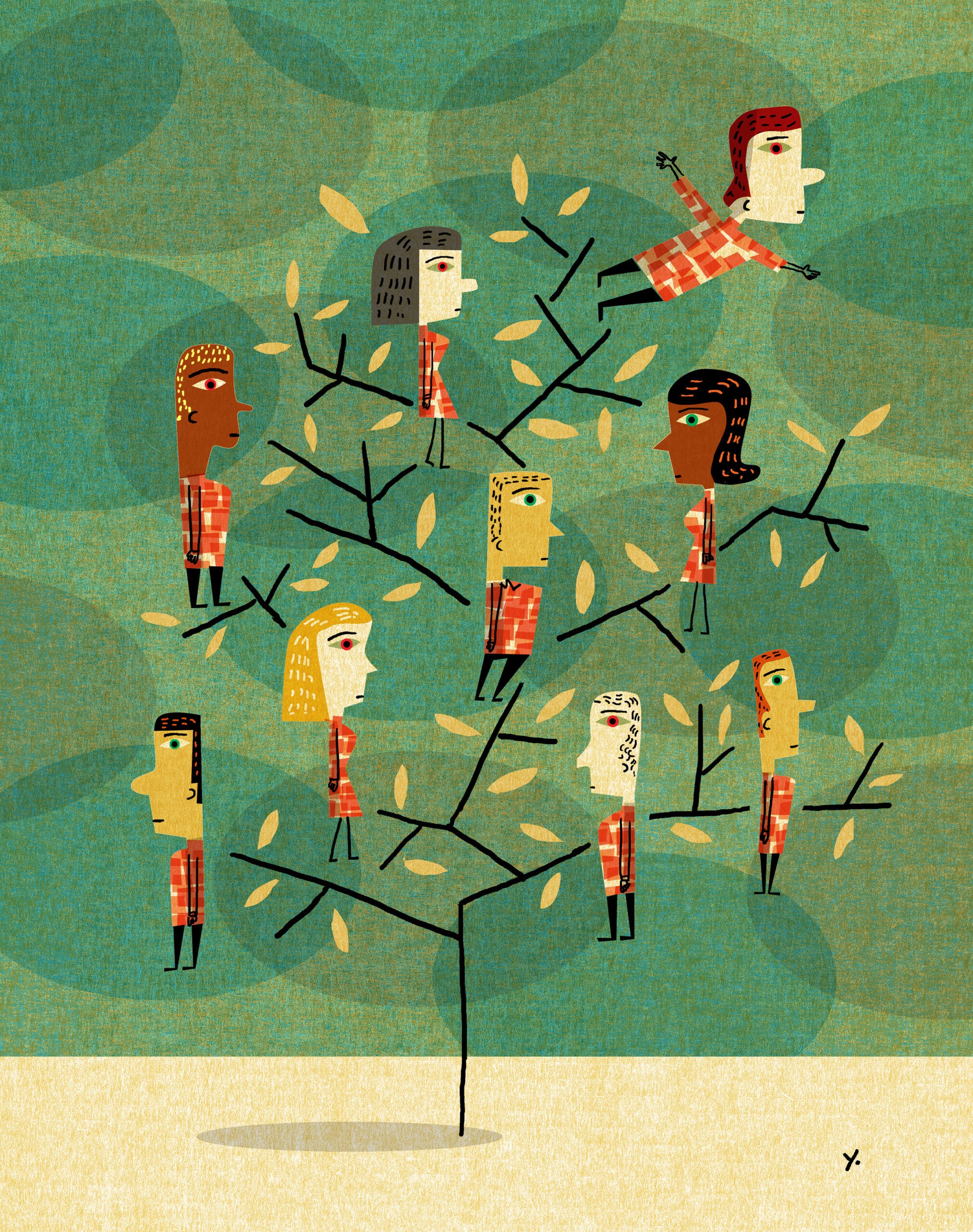For many years it was possible to get a job as a law professor mainly by performing brilliantly as a law student and then clerking for a prestigious appellate court. Over time, there’s been an increased focus on candidates’ publication records, and as a result: “Promising entry-level candidates need to show a track record of writing and publishing scholarship,” says Susannah Barton Tobin ’04, managing director of the Climenko Fellowship Program and assistant dean for academic career advising at Harvard Law School.
In the 1990s, law schools began hiring in greater numbers those who had proved their methodological chops by earning a Ph.D. in another field. But that approach disadvantaged smart lawyers who were working at private firms, nonprofits, or the government and had not had time to write. A decade ago, then HLS Dean (and now Supreme Court Justice) Elena Kagan ’86 proposed a middle path, one on which practicing lawyers could return to the academy for two years and begin creating their own body of scholarship. In 2004, she established the Climenko Fellowship Program with funding from a bequest from attorney Jesse Climenko ’27.
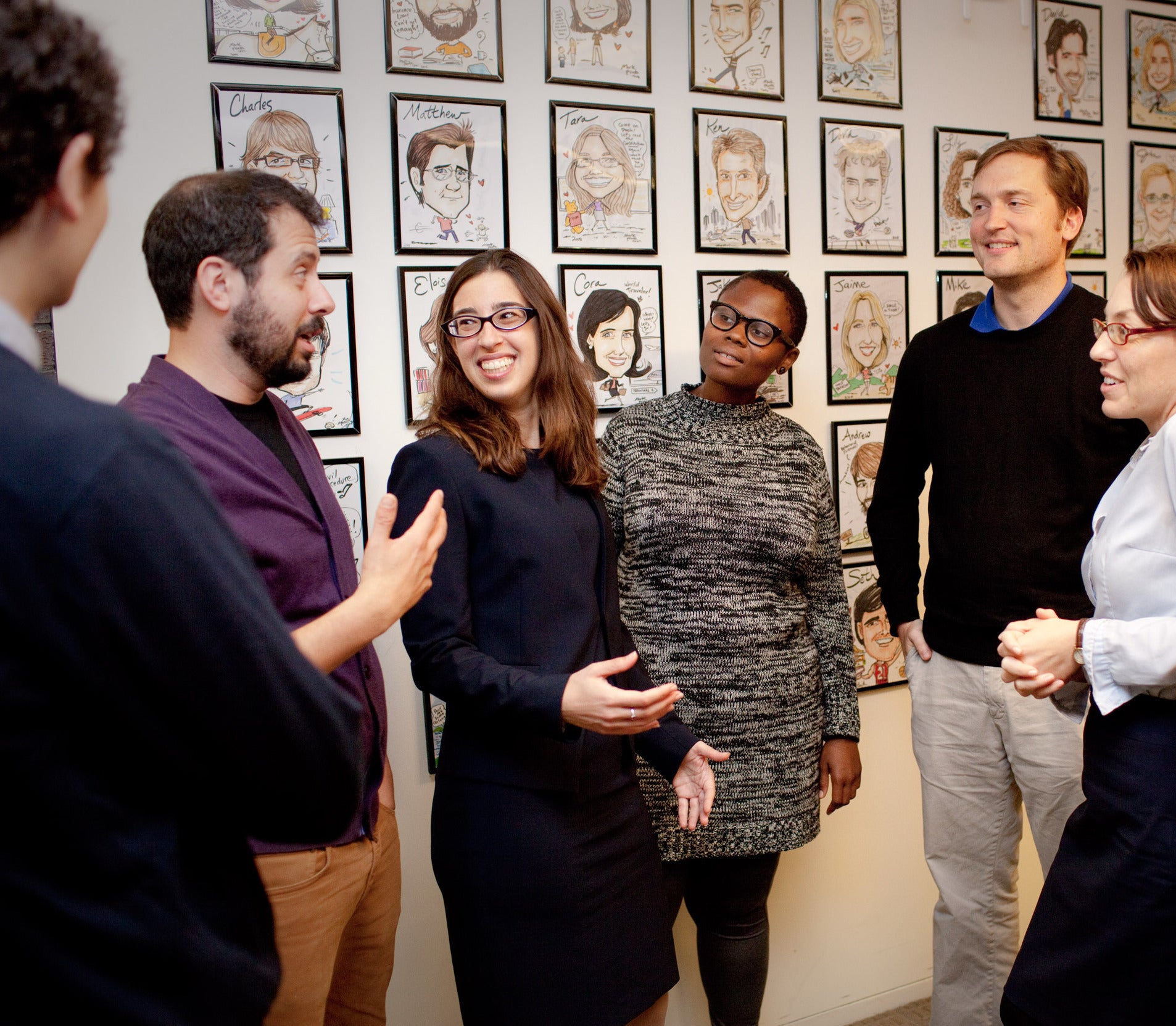
“The purpose is to provide people who are super talented and smart and creative and working hard with a chance to reflect and do their own work before going on the job market,” says Tobin. And at the same time (in keeping with the intent of the Climenko bequest to support instruction in the practical aspects of lawyering), fellows teach legal research and writing to first-year law students, drawing on their own experiences from practice, in order to train the next generation of lawyers.
The program has trained more than 50 aspiring law professors.
In its first 10 years, the program has trained more than 50 aspiring law professors (about half of whom are HLS alums), who—in an increasingly competitive job market—have gone on to academic careers at law schools such as Berkeley, Duke, Georgetown, Michigan and Texas. Each year, six or seven new fellows are chosen from a pool of over 120 applicants.
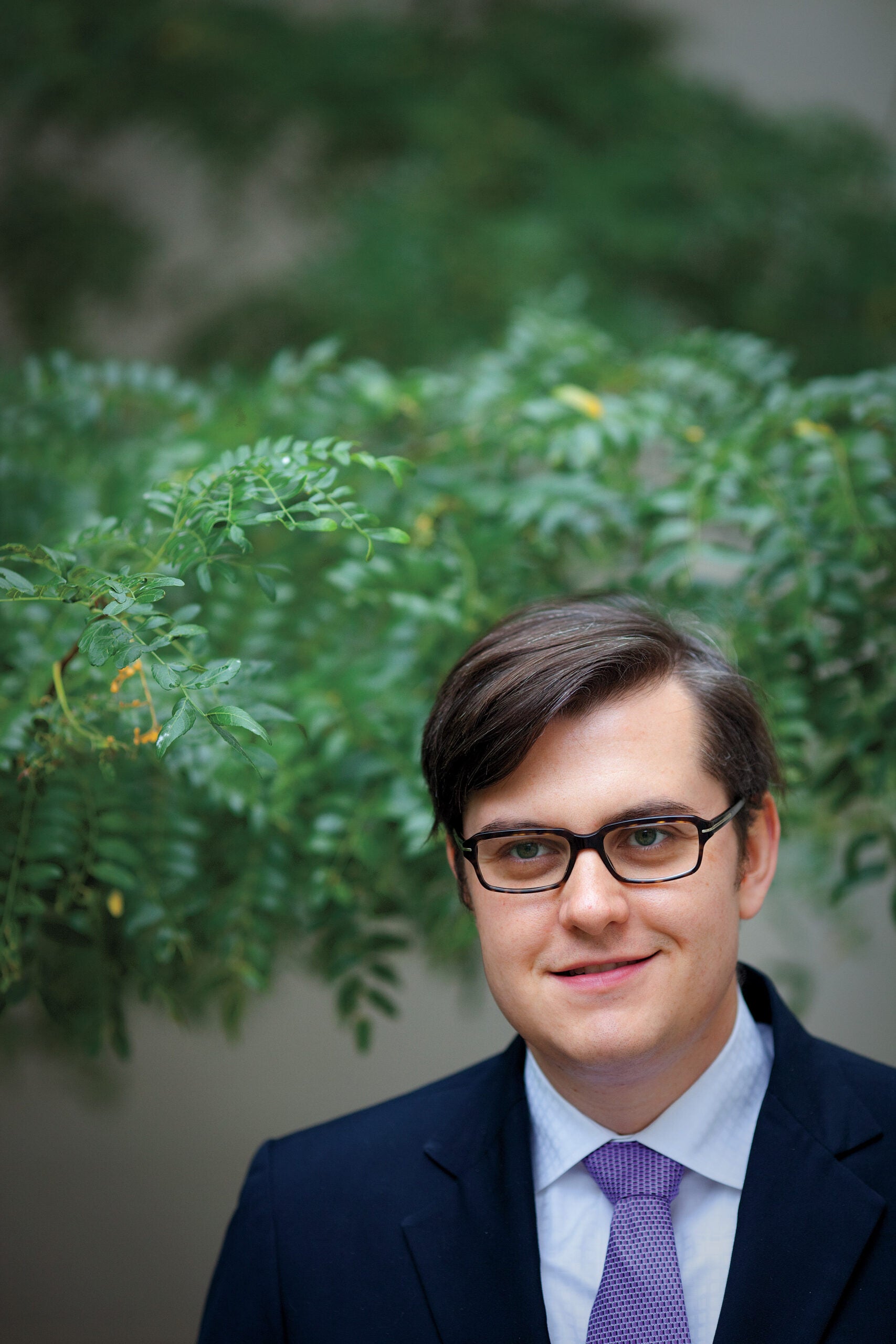
For Dan Epps ’08, currently in the second year of the two-year fellowship, the opportunity has been invaluable. Not that Epps didn’t already have an impressive resume, including clerking for Supreme Court Justice Anthony Kennedy ’61 before serving three years at D.C. law firm King & Spalding. But all along he intended to return to law school to teach, following in the footsteps of mentors such as the late HLS Professor Bill Stuntz, who had instilled in him a passion for criminal procedure.
Going into the fellowship, Epps was focused on a particular idea: “In criminal law, people say it’s better for 10 guilty people to go free, so one innocent person can escape,” he says. “It’s an axiom we use to justify a lot of rules.” As he began to look into the concept, however, he found that surprisingly little research had actually been done to justify it. And in fact, the opposite might be true: The legal system might be perversely harming innocent defendants by creating the impression in the public mind that, indeed, it routinely lets guilty people go free.
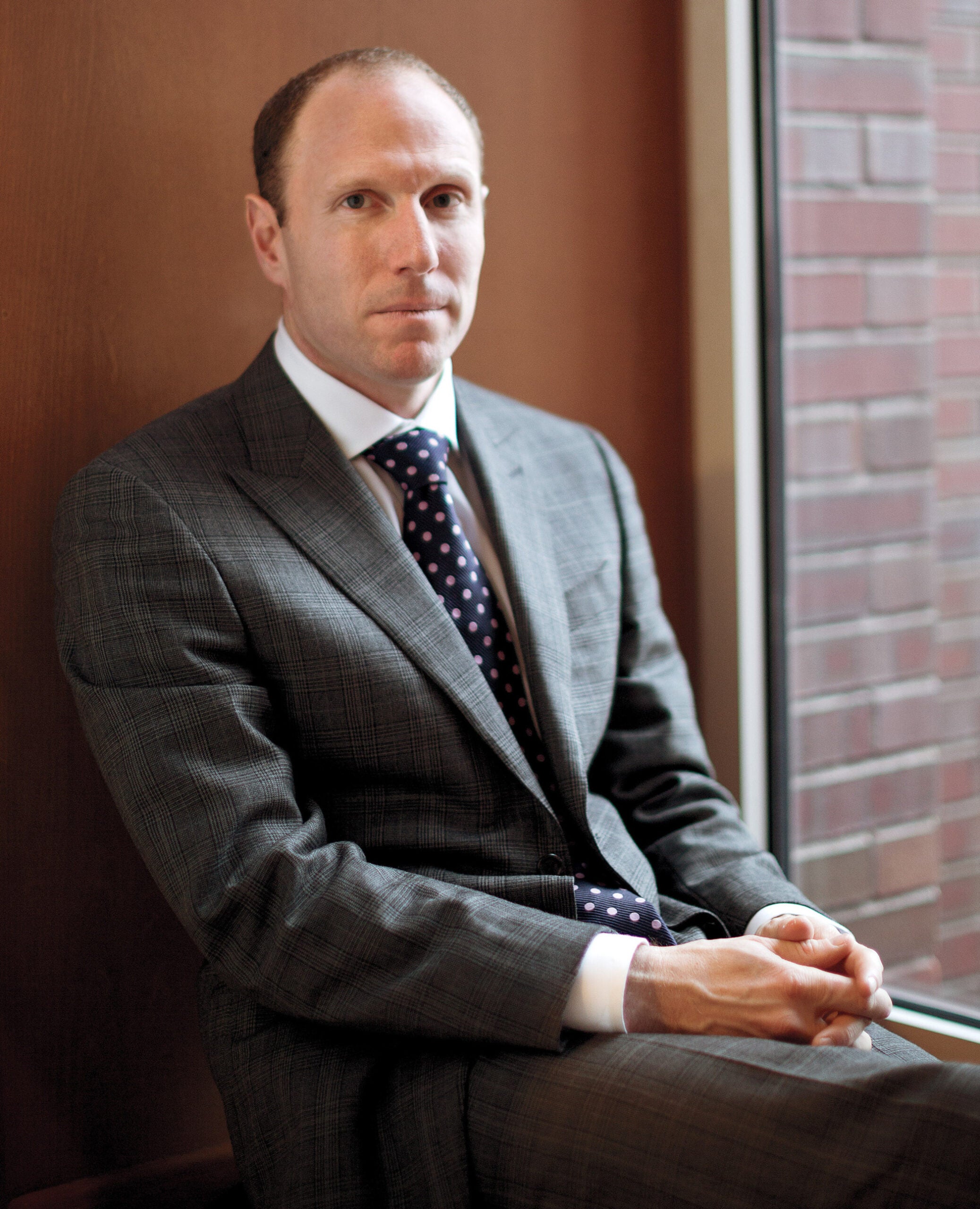
When he began presenting the idea, however, he found it a tough sell. In conversations with other fellows, he began to crystallize the idea and respond to objections—a process that is part of the fellowship, says HLS Professor Jacob Gersen, faculty adviser to the program. “We have an internal workshop we call the ‘half-baked ideas workshop,’” Gersen says. “If an idea is going to work, you need a venue to talk about it and find out if it’s good, bad, silly, or already been done. If you can filter out bad ideas quickly, then you can get on to the good ideas more efficiently.” Through workshops with fellows and consultations with faculty, says Epps, he was able to refine his argument, which he developed as a paper that will be published in the Harvard Law Review early in 2015 and that he will use to present in interviews. “I’ll be using that paper as my job talk, knowing I’ve already been put through the paces,” he says.
The all-important “job talk”—the paper candidates present when they apply to schools—is an essential part of interviews, says Gersen, and the right paper can make or break an application. In addition to helping fellows refine their ideas, the fellowship helps them decide on the best topic to write about in the first place.
That was the challenge facing Seth Davis, who entered the program in 2012, focused on administrative law, property, federal Indian law, federal courts and torts. “I came into the program with big ideas about pluralism and the relationships among the federal government, the states, and Indian tribes,” Davis says, “but I needed to learn how to sequence the writing of three planned articles so as to have a successful job talk ready for the market.” Eventually, his work on presidential power and property law grew into the paper he used to secure a position last year at University of California, Irvine School of Law. Davis worked with HLS Professors Joseph Singer ’81, David Barron ’94 (now a federal judge), and Gersen in developing his job talk paper. Based on his work, Davis was recently invited by Singer and his fellow co-editors to join the editorial board of “Cohen’s Handbook of Federal Indian Law.”
“Our job is to try to teach the craft of research and to allow the fellows’ intellectual identities to emerge.”
Jacob Gersen
While the fellowship can be a path to law teaching directly from practice, some candidates also come from graduate study. Anne Fleming ’05 clerked for two years and then practiced law at South Brooklyn Legal Services before pursuing a Ph.D. in history at the University of Pennsylvania. The Climenko Fellowship offered a perfect opportunity for her to discuss her ideas with scholars who had been trained in other disciplines and who had worked in different fields of law. “After spending three years in a history department, I benefited immensely from talking about my scholarship with the methodologically diverse group of fellows and faculty at Harvard, including those who are not legal historians,” she says. At the time, she was working on an article describing the history of the “unconscionability doctrine,” under which a court can refuse to enforce contract terms as written if they are deemed unjust by the court.
Fleming says discussion with her peers helped her balance the historian’s desire to remain faithful to the perspective of the time she was writing about with the law professor’s need to explain the implications of her work for present-day policy design. “One question that helped refine my thinking about the policy ‘payoff’ of the paper was about how much the court’s reasoning mattered versus the flood of publicity that came after [a] decision. It really shaped not just the way I answered present-oriented questions about policy design but also made me think more deeply about how litigation fit into my historical narrative,” says Fleming, who published her paper in The Georgetown Law Journal and joined the faculty of Georgetown University Law Center this fall.
In addition to the writing and research it enabled her to do, Fleming credits the fellowship with preparing her to teach first-year law students. Each fellow is responsible for a 40-person section of an introductory legal writing course, where they are able to apply their on-the-job experience to help students learn to write legal briefs. “There is a misplaced assumption that people who want to become law professors do it only to follow their own research,” says Tobin. On the contrary, she says, fellows are usually themselves inspired by law professors “and want to give back to that legacy through their teaching.”
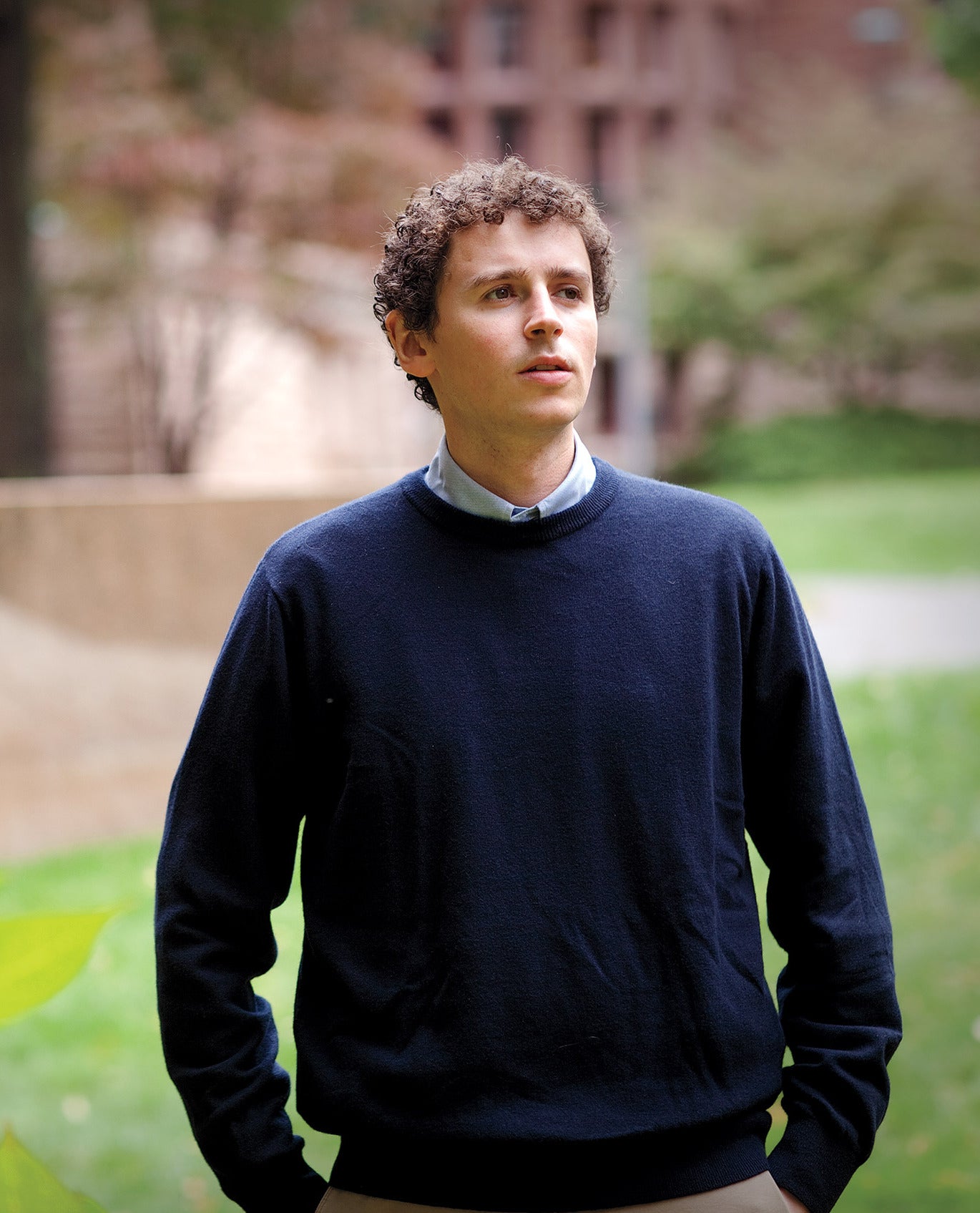
For Ben Levin ’11, it was exposure to Climenko Fellows when he was a student that inspired him to seriously explore a career in law teaching. Now a Climenko Fellow himself, he says having the opportunity to take a course with someone actively in pursuit of legal academe enabled him to imagine more clearly what it would be like, and decide he would likely find it fulfilling.
Beyond teaching the legal writing course, fellows often develop seminars for students based on their own expertise and participate in student life in other ways. Based on her interest in consumer debt and bankruptcy, Fleming created a seminar for upper-level law students that she taught in the second year of the fellowship and now is teaching at Georgetown. While at Harvard, Davis mentored students in the Native American Law Students Association and got them involved in tracking cases of interest to Indian tribes. “For as long as I was there, I wanted to become part of a community,” says Davis.
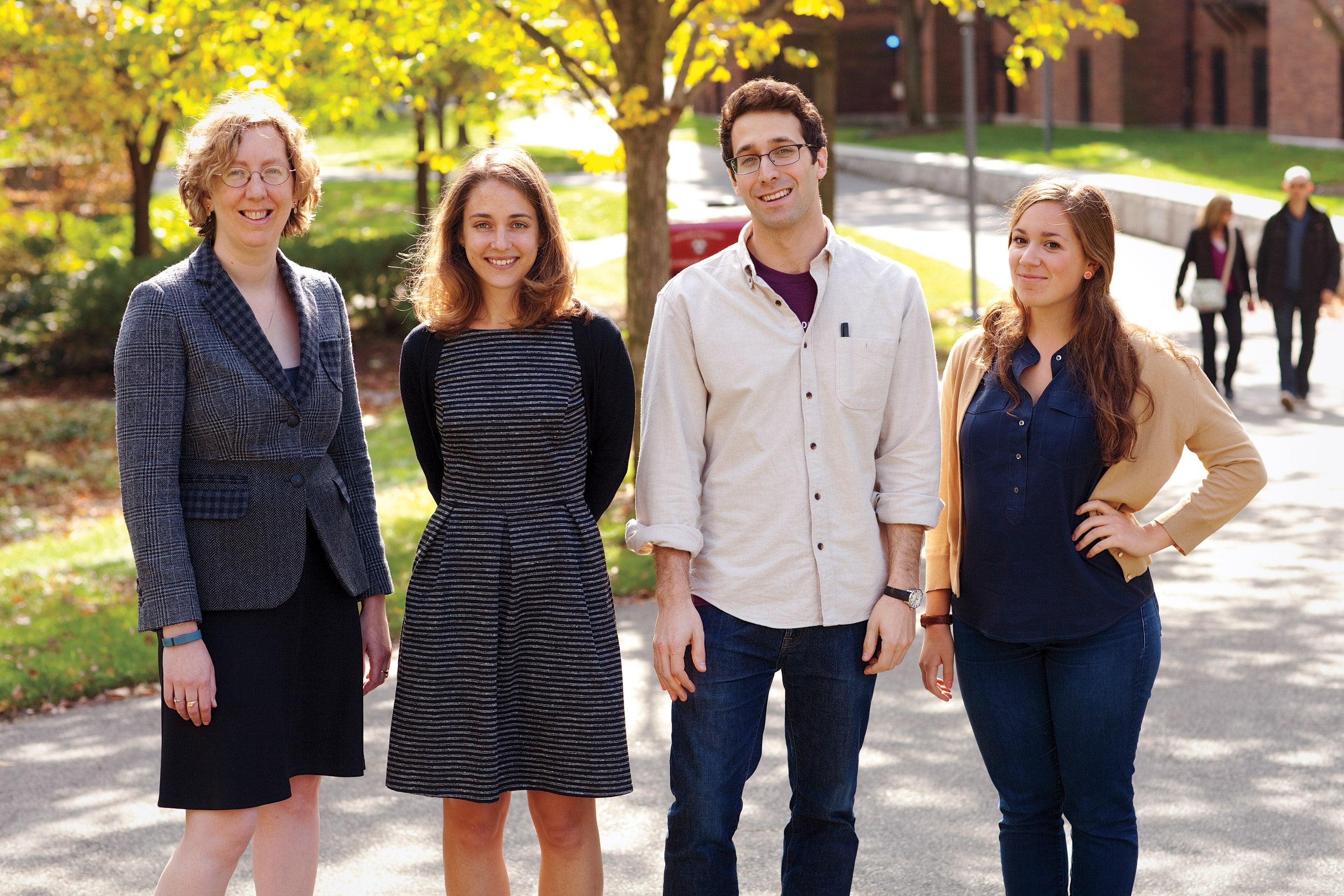
As much as anything, according to Tobin and Gersen, the program offers its participants an opportunity to steep themselves in a legal academic environment, giving them the confidence and instincts that can come only from participating in a scholarly community and developing their own work in conversation with colleagues and mentors. “When you hit on a thesis that illuminates the connections among seemingly unrelated questions, you begin to understand who you are as a scholar,” says Gersen. “Our job is to try to teach the craft of research and to allow the fellows’ intellectual identities to emerge. Then when it is time for them to go on the job market, hiring committees know who they are and why they do what they do—and more importantly, the fellows know it themselves.”
